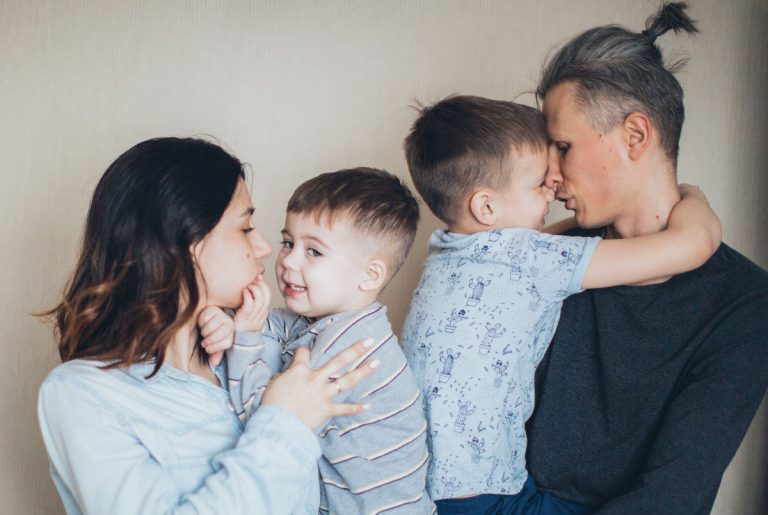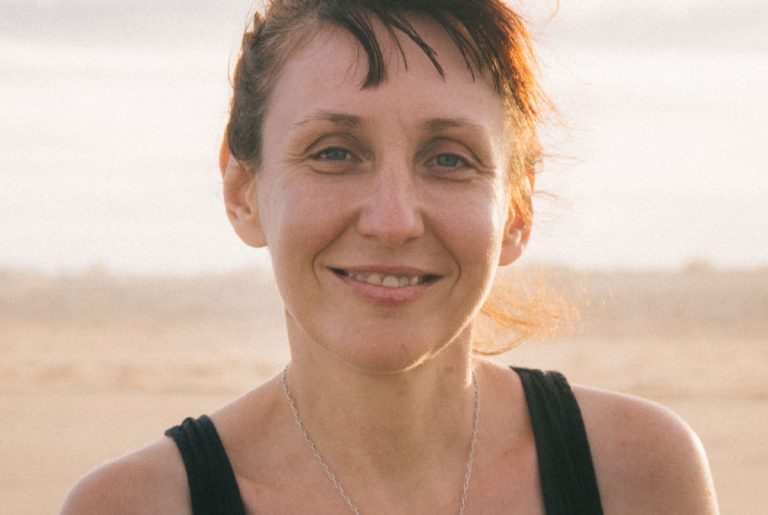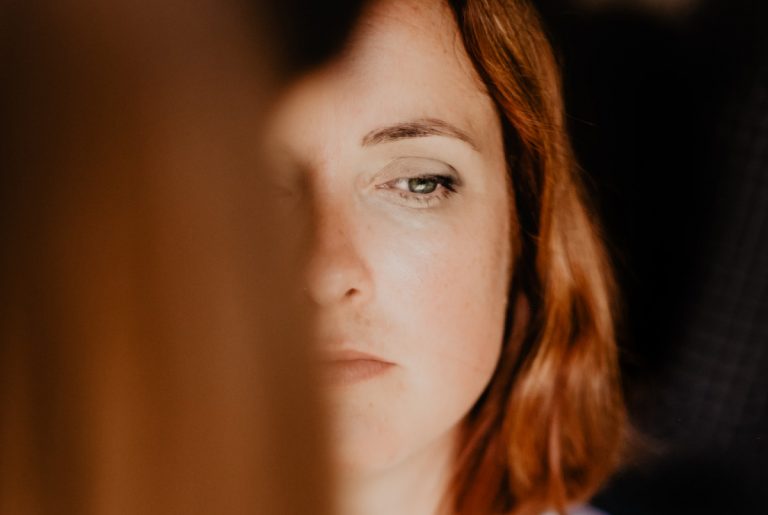By far the most difficult role I have in the clinic is addressing the mental health needs of parents. To help a family, it’s essential for me to form a partnership with them. In all of my years of clinical practice, the most common reason I have failed to establish a partnership has been when parental mental illness was too great a barrier for me to overcome.
In every stage of parenting, we are vulnerable to being overwhelmed by stress when the demands placed upon us exceed our capacity. Supporting children with developmental and mental health concerns places a huge mental load on parents. Parenting is challenging enough without the additional hurdle of navigating emotional and behavioural difficulties in your child. This stress, especially when it is prolonged, can challenge healthy attachment and lead to mental illness or mental health issues in us, too.
Unfortunately, parents rarely prioritise their own mental health. They will tell me that their child’s needs matter more or that there isn’t anything to worry about, and they don’t ask for support. Sometimes they say, ‘Once my child is better, I will be too.’ The reality, however, is that addressing the parents’ mental health is often the first step to helping their child, and without looking at that, my ability to help is drastically limited.
I know this from personal experience – my own mental health influences my parenting so much. I believe that we are individuals first, partners next (if we are in a relationship) and parents third. Many of the parents I meet in the clinic disagree with that view. They see themselves as parents first. I’m not a fan of the saying ‘You need to put your own oxygen mask on first’, because the plane crash analogy only really relates to moments of chaos, but in order to be the best parent we can, we must at times prioritise our own mental health. We build our own capacity and wellbeing by constantly working at it, not only addressing it when the plane hits turbulence. By then it is often too late.
Looking after our own mental health fuels our ability to meet our family’s needs. Being stressed, sleep deprived and angry is one sure way to make life harder for ourselves. It’s also a sure way to fail to model emotions well. By that I don’t mean we should always be modelling emotions perfectly. We should not aim for perfect, firstly because it’s impossible and secondly because it risks teaching our kids that perfection is the goal.
By showing what happens after we lose our temper or become emotionally unregulated, we help our kids to learn what their own strategies might be when they feel stressed and overwhelmed. My daughter, sees me stressed frequently, but I try to acknowledge it, use words to describe what I’m feeling and then make sure she can see my process for dealing with it. Whether it’s calming myself down by focusing on my breathing, asking for support from my partner or going for a run, I want her to see the effort I make to deal with difficult emotions, in the hope that it helps her navigate those pathways to recovery too.
If you’re struggling with your child’s behavioural difficulties, addressing your own mental health is possibly the best thing you can do. Accessing the support of a therapist is beneficial, if it’s within your means. The times I’ve seen a therapist have been such positive experiences and helped me improve my mental health, and I’ve witnessed these positive effects in the parents I meet in the clinic, too. We all need people in our lives who support us, but there is something unique about seeing a mental health professional with whom you can safely discuss your darkest fears, without feeling guilty, selfish or that you are risking the other relationships in your life.
I often worry that many young children only hear about negative emotions when they are overwhelmed, leading to shame about these feelings and thinking they must always be happy, grateful or content. I think we do that to ourselves too, carrying that experience as children into our adult lives and then through to our parenting approach.
Sadly, many adults don’t feel comfortable seeking out support, either because they think they don’t need it or because they see it as a sign of personal weakness. We don’t do that with diseases like cancer or issues like allergies, so I’m not sure why we do it with mental illness or mental health issues. My own mental illness was no more my fault than my hayfever or asthma, and it required treatment just as they did. The stigma of mental illness is so destructive to our communities, and it’s something I always make a point to normalise at every opportunity I get.
Asking for help
If you’re finding yourself stuck in supporting a child, then reaching out for help is a really important but difficult step to take. We worry that we shouldn’t need to ask for help, but not asking often leads to things getting worse. Trusted individuals in our community are often the best people to go to first. Your maternal and child health nurse, GP or school principal are all likely to provide valuable support and guidance in getting further help if needed.
Dr Billy Garvey is a developmental paediatrician and host of the ‘Pop Culture Parenting’ podcast. This is an edited extract of his book ‘Ten things I wish you knew about your child’s mental health’ (Penguin, $36.99). Released 9 July 2024.
If you’re looking for support, we can help you explore your thoughts and challenges in individual and family counselling. We also offer evidence-based Group Workshops, which are a convenient way to access expert advice, and strengthen your skills in parenting and managing your emotions.
Related Services & Workshops

Counselling.Families.Life Transition
Family Counselling
Our trained and compassionate family therapists provide Family Counselling services online and in-person throughout NSW. Family Counselling provides a safe space to address problems, hear each other’s perspectives, overcome difficulties, improve communication, and restore and strengthen relationships.

Counselling.Individuals.Older People.LGBTQIA+
Individual Counselling
Life can be full of ups and downs. While we may be able to overcome most challenges by ourselves, sometimes we need some extra support. Individual Counselling offers a supportive environment to identify and manage problems and concerns.

Group Workshops.Individuals.Mental Health
Managing Strong Emotions
Our emotions are a crucial part of healthy lives and relationships, but at times, we may feel overwhelmed by them. Anger, grief and jealousy are just some of the examples our experienced facilitators can help you manage, if they are having a negative impact on your relationships and wellbeing.







